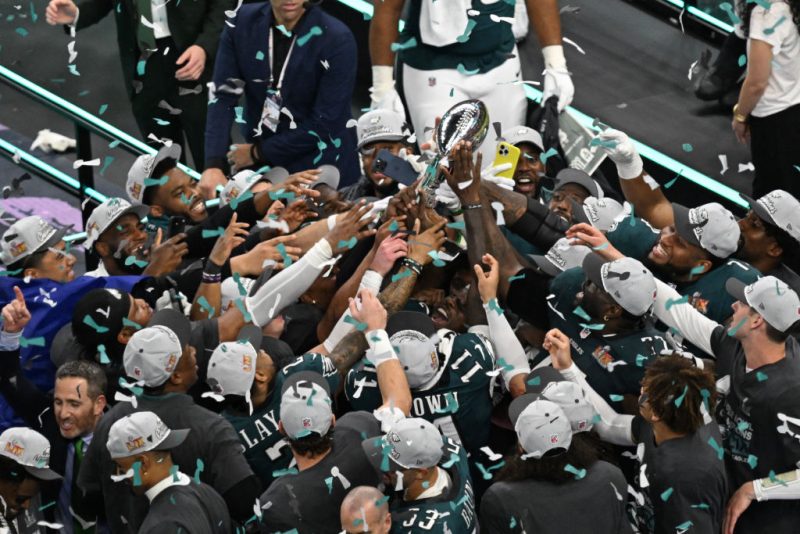Super Bowl LVIX Commercials: A Mix of Entertainment and Political Undertones
The Super Bowl, America’s biggest sporting event, has once again captivated audiences not just with the game, but also with its highly anticipated commercials. This year’s lineup of ads featured a blend of entertainment and subtle political messaging, reflecting the current social and political climate in the United States.
Top 5 Commercials and Their Impact
While The Hill’s specific top 5 list is not available, several commercials stood out for their content and potential impact:
U.S. Secret Service Recruitment Ad: A $2 million commercial directed by Michael Bay featured historical footage of past presidents and dramatic scenes of agents in action, including a reference to the 2024 assassination attempt on President Trump.
He Gets Us Campaign: The Christian organization returned with ads promoting unity, despite previous controversies over its affiliations.
Pfizer’s “Knock Out” Ad: A pre-release commercial from the pharmaceutical giant, likely addressing ongoing health concerns.
Google Pixel’s “Dream Job” Extended Cut: An ad showcasing the tech giant’s latest smartphone capabilities.
NFL’s “Somebody” Extended Cut: The league’s own commercial, possibly addressing social issues within professional football.
Political Undertones and Public Reaction
The Secret Service ad, in particular, has sparked debate. Supporters praise its patriotic appeal, while critics question the use of public funds for such a high-profile recruitment effort. The inclusion of President Trump in the ad has also raised eyebrows, with some viewing it as potentially partisan.
The “He Gets Us” campaign, which aired ads in last year’s Super Bowl, continues to face scrutiny over its messaging and funding sources. Its return this year indicates a continued effort to reach a broad audience with religious messaging.
Changing Landscape of Super Bowl Advertising
There’s a noticeable shift in the tone of Super Bowl ads. Joe Piscopo, in a Fox News interview, suggested that “woke” Super Bowl ads are over due to the “Trump effect.” This could indicate a move away from overtly political or socially conscious messaging in favor of more traditional entertainment-focused content.
Historical Context and Significance
Super Bowl commercials have long been a cultural touchstone, often reflecting broader societal trends. In recent years, many brands have used this platform to address social and political issues. However, this approach has not been without controversy. For instance, in 2015, Nationwide’s “Make Safe Happen” ad about child safety was criticized for being too morbid for the occasion. Such reactions have likely influenced advertisers to be more cautious with their messaging.
Economic and Political Implications
Super Bowl ads represent significant financial investments for companies. With slots costing around $8 million this year, the content of these ads is carefully crafted to maximize impact. The political undertones in some ads reflect the growing intersection of business, entertainment, and politics in American culture.
Moreover, many Super Bowl advertisers are also significant political donors. A 2019 study by OpenSecrets revealed that popular Super Bowl advertisers often spend heavily on political contributions and lobbying.
Conclusion
The 2025 Super Bowl commercials continue the tradition of blending entertainment with subtle social commentary. While some ads appear to be moving away from overt political messaging, others, like the Secret Service recruitment ad, demonstrate that politics remains an undercurrent in American popular culture. As viewers digest these commercials, they are not just being sold products but are also engaging with carefully crafted narratives that reflect and shape public discourse.









